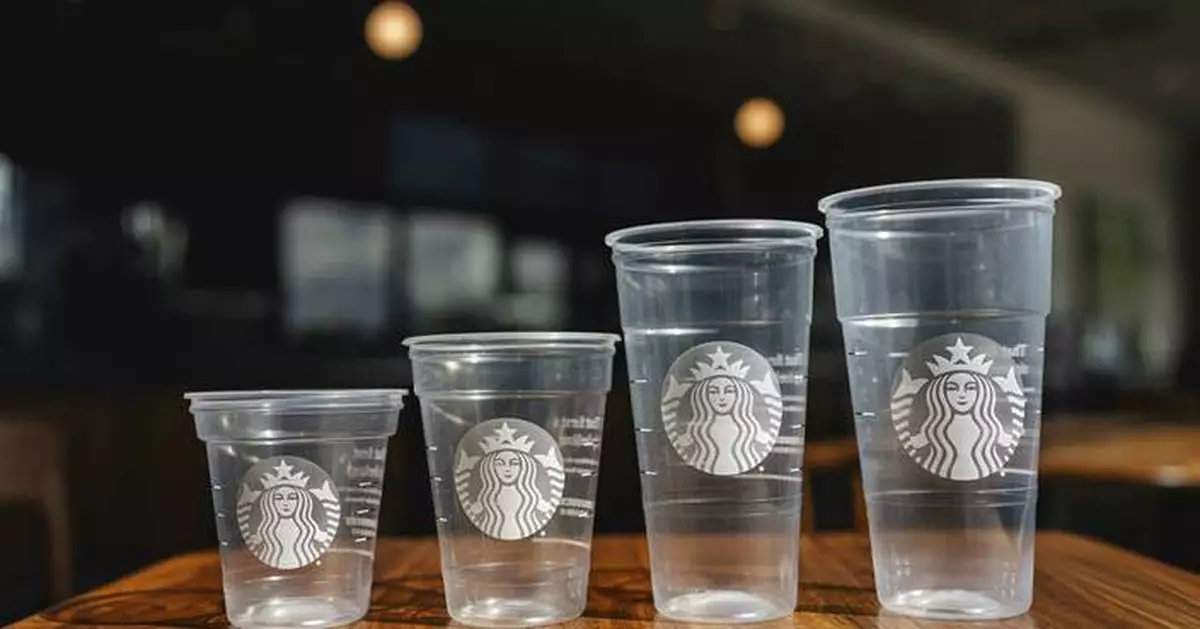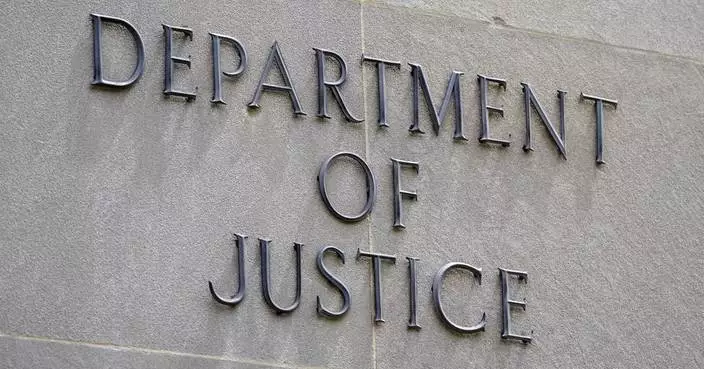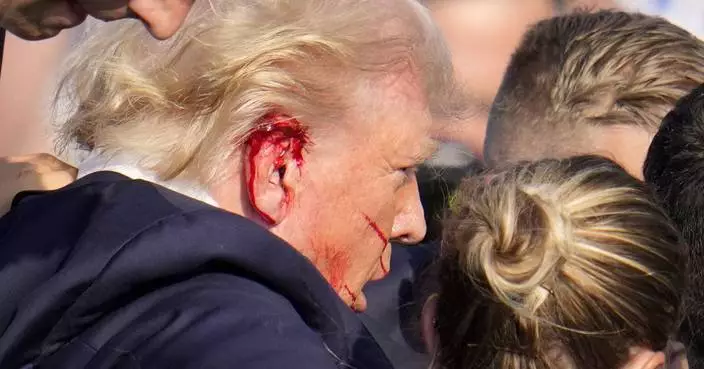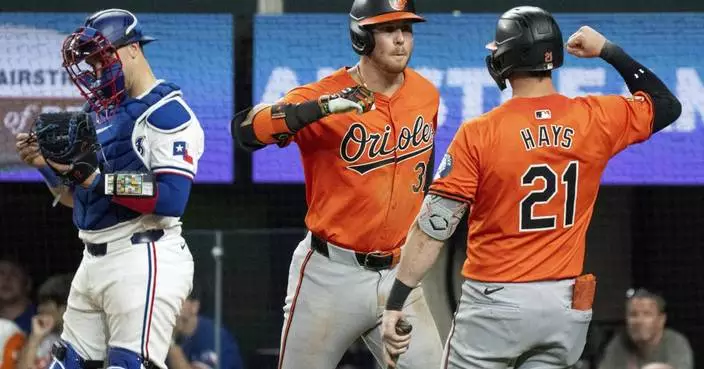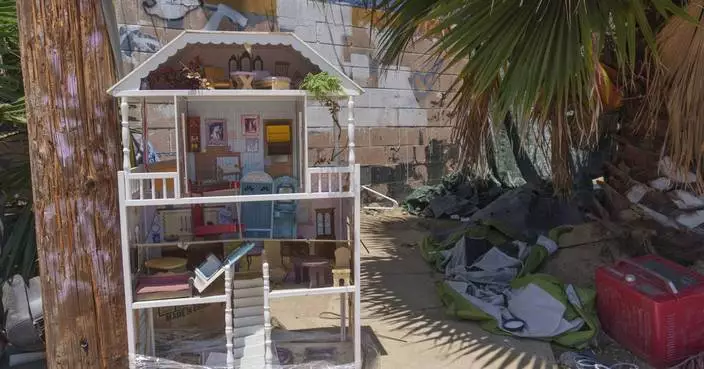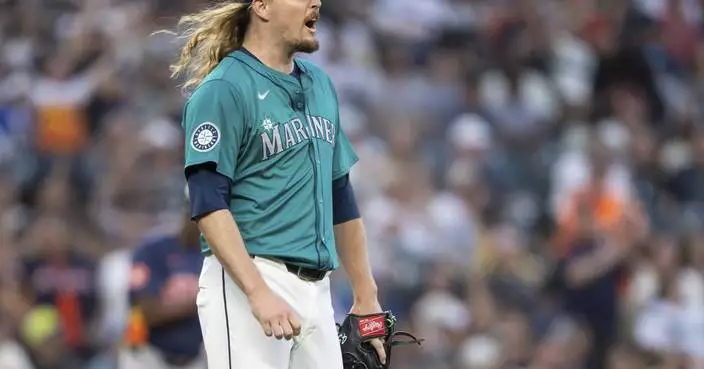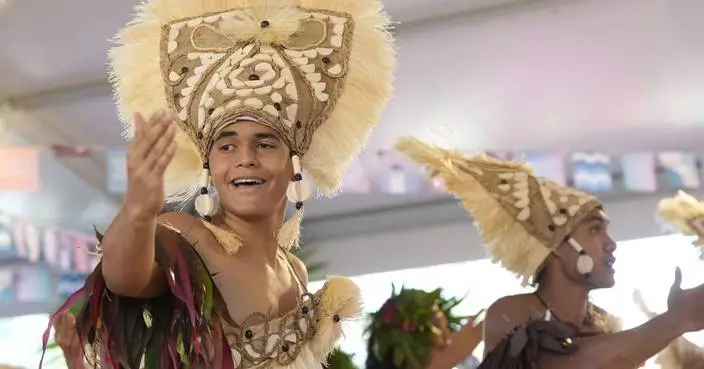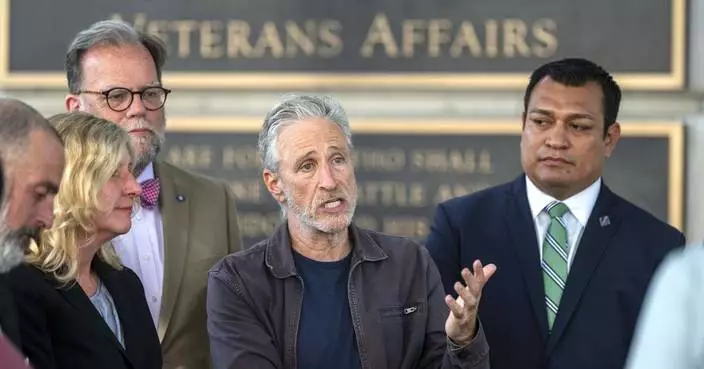Booming sales of cold drinks at Starbucks have created a problem: growing amounts of plastic waste from the single-use cups that Frappuccinos, Refreshers, cold brews and other iced drinks are served in.
The coffee giant said Thursday it plans to alleviate some of that waste with new disposable cups that contain up to 20% less plastic. The cups are set to be rolled out to stores in the U.S. and Canada starting this month.
Amelia Landers, Starbucks’ vice president of product innovation, said the Seattle-based company spent the last four years developing the new containers. Engineers tested thousands of iterations to see how much plastic they could remove while still making the cup feel sturdy.
“We feel like it’s industry-leading,” Landers said. “It’s the best expression of a cold plastic cup.”
Starbucks says Frappuccinos and other cold drinks now account for 75% of its U.S. beverage sales, up from 37% in 2013. The company estimates the new cups will keep more than 13.5 million pounds of plastic out of landfills each year. Producing the tumblers also requires less water and creates fewer carbon emissions, a leading cause of climate change, it said.
Starbucks made other changes as part of the redesign. The new cold cups feature raised dots near the bottom, so baristas – including those with impaired vision – can quickly feel with the swipe of a thumb which size cup they’re holding. And the 12-ounce cup — that's the “tall” size in Starbucks lingo — is shorter and wider to accommodate the same-size lid as larger cups.
Landers said the new cups are part of a sustained sustainability push at Starbucks. The company adopted strawless lids in 2019. Last year, it said it would accept customer-provided cups for drive-thru and mobile orders in the U.S. and Canada.
The company plans to roll out a reusable cup program at thousands of stores in Europe, the Middle East and Africa by next year. Under the program, customers will pay a small deposit when they buy a hot or cold drink in a specially designed cup that can be used up to 30 times. They will get the deposit back when they return the cup to a store.
Starbucks also has tested U.S. reusable cup programs in California, Arizona and Colorado.
“Every market has their own challenges, their own requirements and customer behavior. Some are more prime for reusables, some are less prime for reusables,” Landers said. "There is no one silver bullet to a sustainable cup.”
Longer term, Starbucks has said it wants all of its packaging to be reusable, recyclable or compostable by 2030. The reduced-plastic cup making its debut is a small step toward that goal: even though the cup is recyclable, it still was designed for one-time use, Landers said.
The company will continue to explore ways to make single-use cups more sustainable, she said.
“I think we will never take our foot off the gas, evaluating new ways and new methods and new technologies to go further,” she said. “We’re not done.”
Starbucks isn’t the only company rethinking plastic packaging. In some markets, McDonald’s has introduced McFlurry cups without plastic lids, and salad boxes and cutlery made from renewable fiber. Late last year, Coca-Cola said it had developed a bottle made entirely from plant-based sources. Coke produced a limited-run of 900 bottles to show that the technology can be commercially scaled.
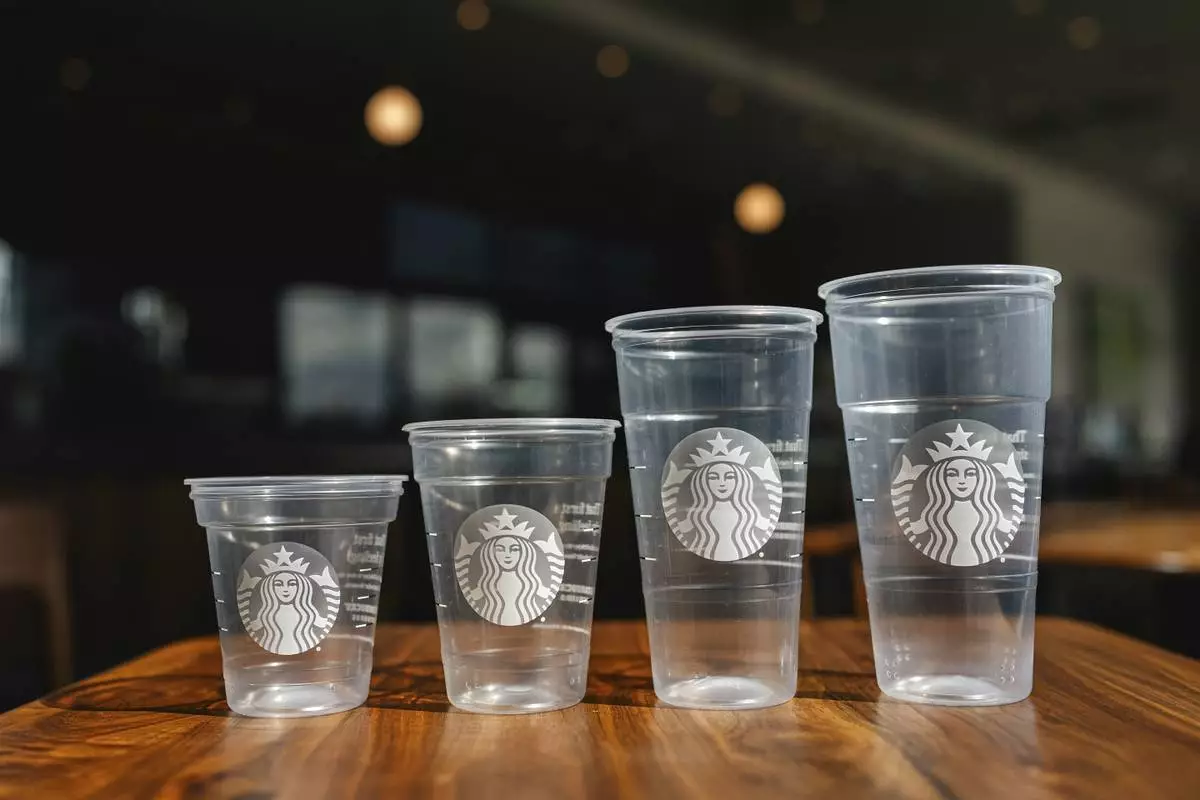
This photo provided by Starbucks shows a new version of the company's cold cup which is said to be made with up to 20% less plastic. The introduction of the cups will be announced on Thursday, April 18, 2024. (Starbucks via AP)


